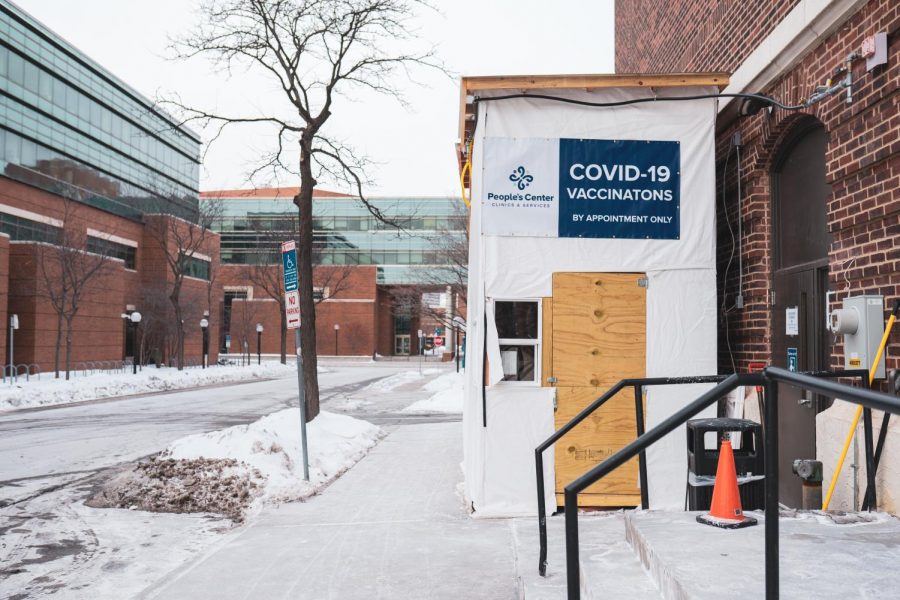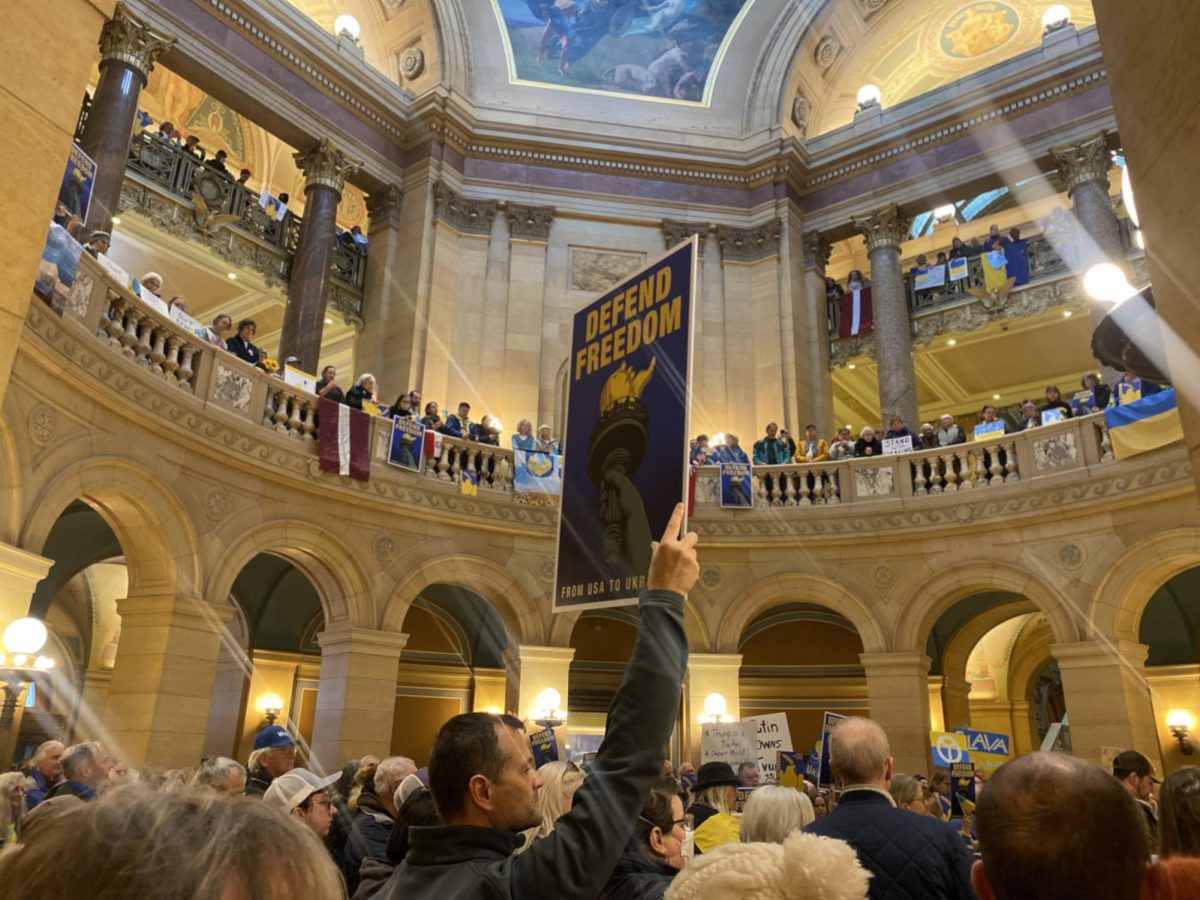Outreach has been key leading up to the first rounds of vaccine disbursement for University of Minnesota-area senior citizens.
After weathering the COVID-19 pandemic as some of the most vulnerable community members, people 65 years old and over have begun getting their vaccines. Community services have aimed to help remove obstacles that older individuals can face, such as misinformation and physical barriers.
Southeast Seniors, a community organization dedicated to connecting older individuals in Southeast Minneapolis, has helped multiple elders throughout the pandemic. Many have already started receiving vaccines at pilot sites across the state, in places like Blaine and Brooklyn Center, said Southeast Seniors executive director Betsy Snyder.
As one of the first priority groups, many older people have been able to sign up through their primary care providers and have already received their second booster shots; it has not been easy for everyone, however.
Several seniors have faced challenges in their journey to get vaccinated, including transportation and technology issues that hinder the accessibility of pilot sites and seniors’ ability to schedule appointments online.
Snyder, who has received her vaccine, said it has become easier to overcome these struggles as space and vaccine availability has improved, technology platforms have increased accessibility, and the state has helped provide guidance. She added that continued vaccinations over time would likely see the remaining problems sort themselves out.
“I think we’re all looking forward to a time when the majority of people have been vaccinated and it’s safe again,” Snyder said. “Zoom has been a real asset for us in terms of being able to deliver a lot of our programming that way, but a lot of people are missing the personal touch and the opportunity to gather with friends and neighbors.”
Karl Smith, Southeast Seniors board member, said they have admired how the program has carried on through the pandemic and they hope it can continue to connect older members of the community.
“[Southeast Seniors] really is a wonderful program,” Smith said. “We always hope it’s helpful in connecting this community and I believe it’s really done that here.”
On the other side of the river, elders in the Cedar-Riverside neighborhood have also begun the inoculation process.
Some of the largest hurdles facing the community have included misinformation and vaccine hesitancy, according to healthcare workers who serve the area.
The Cedar-River People’s Center Clinics and Services — which only began receiving and distributing vaccines a few weeks ago — has worked extensively on outreach and education collaboration with elders and “influencers” in the community for months, said Paula Guinn, chief advancement and external relations officer of the clinic.
Guinn said as trusted elders in the community have started getting vaccinated, she has seen an increase in enthusiasm from patients coming in. Due to this influx, the clinic has also started to establish an additional vaccination site to accommodate more appointments.
She said many community members who get the vaccine will be excited about it and then tell their peers, but it sometimes takes a couple calls to get them on board.
“I think what we know is it does take this very personal conversation,” Guinn said.


















